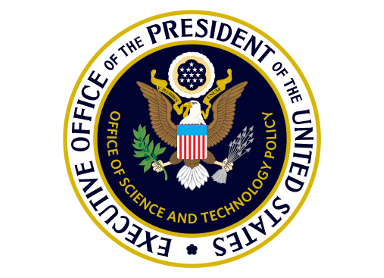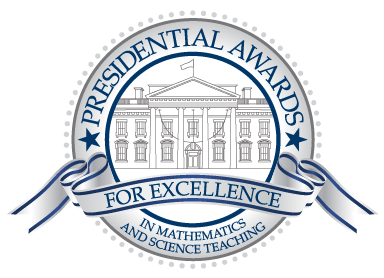Anne Donnelly
University of Florida | Gainseville, FL | 2013

The official biography below was current at the time of the award. Awardees may choose to provide their latest biographical information on their profile page.
Dr. Anne Donnelly earned her Ph.D. in instruction and curriculum from the University of Florida (UF). Since 1996, Dr. Donnelly has been a mainstay for mentoring at the University of Florida through her leadership of the University’s Center for Undergraduate Research, as well as her work in the Southeast Alliance for Graduate Education and the Professoriate (a National Science Foundation (NSF)-supported alliance known as SEAGEP).
Mentoring developed by Dr. Donnelly as part of the South East Alliance for Graduate Education and the Professoriate (SEAGEP) program has resulted in the placement of 18 Ph.D.s in the private sector and 14 in government laboratories. Of perhaps greater significance are the 18 who currently hold academic positions; these young researchers are in a position to act as role models to other younger students. The 54 Ph.D.s and 17 M.A. degrees earned at the University of Florida by SEAGEP students reflect an 87 percent retention rate.
Over 500 undergraduate students, with 29 percent minority representation and 41 percent women, were provided with the opportunity to conduct research in a National Science Foundation Engineering Research Center as a result of her efforts. She continues to mentor undergraduate researchers at UF through the newly established Center for Undergraduate Research (CUR).
Dr. Donnelly’s mentoring program is designed to maintain close and consistent contact with University of Florida students from groups underrepresented in science, technology, engineering and mathematics (STEM). The main elements of her program include:
• A one-stop location for tapping into resources across the campus to help students regardless of the obstacle encountered.
• Research experiences for all undergraduates.
• Coaching on degree persistence in the face of challenges. She believes that a focus on time-to-degree may not be a useful measure for women and minority students who often have significant family-related responsibilities outside of school. When life adds time to a degree program, she coaches the students to understand and finish.
• International experiences for graduate students and awareness of global issues. Donnelly ran four trips (averaging 14 days each) that took a total of 50 students to Brazil, Chile, China, and South Africa, providing them a research component and working visits to universities, industry, funding agencies, and field sites in those countries. Data indicates that a mentored approach (and a shorter-term trip) can be effective in developing multicultural skills.
Shortly after earning her Ph.D., Dr. Donnelly started her work to support diversity in STEM in her first position as the Education and Outreach Director for the NSF-funded Particle Engineering Research Center (PERC) at the University of Florida. In 1996, when she began her affiliation with PERC, minority students made up 11 percent of the undergraduate researchers, and there were approximately 20 students working in PERC labs. By 2004, Donnelly’s recruitment efforts were successful: underrepresented minorities comprised 29 percent of the undergraduate research population, which grew to approximately 60 students working in PERC labs per semester. These students, representing over 11 STEM departments across 4 colleges, experienced the culture of interdisciplinary research. In 1998, only 9 percent of the PERC graduate student population came from underrepresented minorities; by 2002, this measure stood at 36 percent.
With NSF funds, she developed a Research Experiences for Undergraduates program in particle research in which 100 students (50 percent of whom were minorities and women) outside of the University of Florida, participated over a ten year period.
Additional notable accomplishments of Dr. Donnelly include:
• Development of an undergraduate level dual-degree engineering program with a Historically Black Colleges and University (HBCU), the University of the Virgin Islands (UVI);
• Placement of over 200 undergraduate students in research-intensive activities across the campus;
• Leadership of the Florida Louis Stokes Alliance for Minority Participation; and
• Appointment to the President’s Council on Diversity at the University of Florida.



